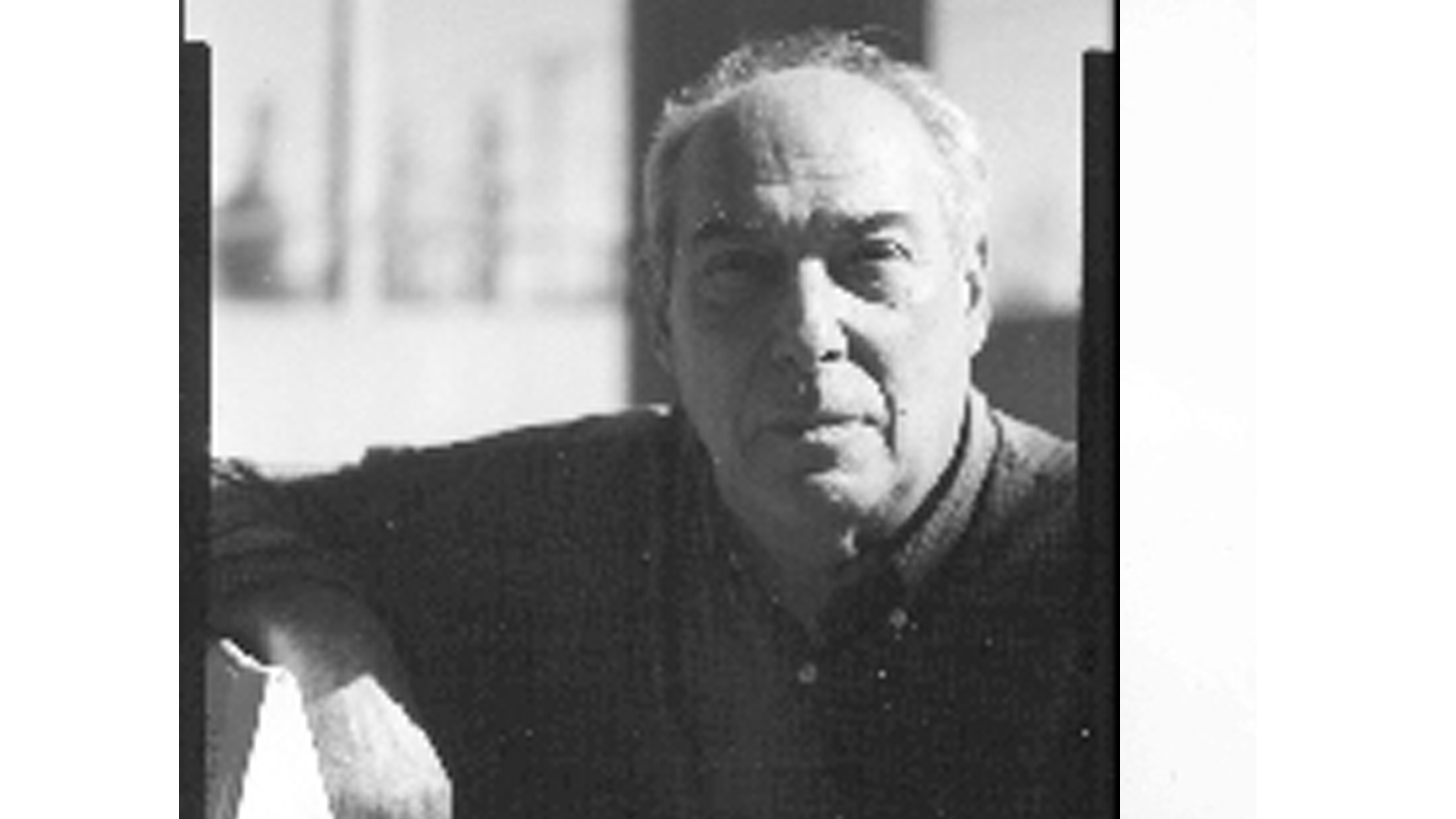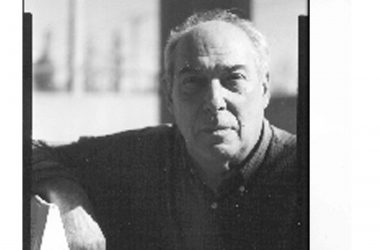In a speech delivered in Boston on April 12, 1852, Wendell Phillips declared, “I do not believe that, if we should live to the longest period Providence ever allots to the life of a human being, we shall see the total abolition of slavery, unless it comes insome critical conjuncture of national affairs, when the slave, taking advantage of a crisis in the fate of his masters, shall dictate his own terms.”[1]
History followed the course predicted by Phillips, when during the crisis precipitated by the contest between the lords of the lash and the lords of the loom over who would be dominant in the American Republic, one side was forced to enlist the aid of the slaves to defeat its rivals, and the slaves, seizing their opportunity, withdrew their labor-power from the plantation and transferred it to the Union, thus delivering the decisive blow that toppled the Confederacy. Without the division among the propertied classes, the slaves could not have won their freedom, as the experience of Nat Turner, Denmark Vesey and Gabriel Prosser among others had shown; given that division, all things became possible. Phillips’s career illustrates the point: urged in 1861 to go into hiding from the Boston mob that blamed him for the breakup of the Union, barely one year later he was welcomed to the Senate chamber by the Vice President of the United States, invited to dinner by the Speaker of the House, and received by the President as a guest at the White House. It was not the Abolitionists, dedicated and courageous though they were, that won the northern population to abolition, but the change in circumstances that compelled millions to take seriously a measure—immediate, unconditional, uncompensated emancipation on the soil—which they had previously dismissed as the wildest radicalism, and transformed the Abolitionists from an isolated sect into the vanguard of the nation, hailed for having pointed the way the country would have to follow.
It has never been otherwise. Revolutionaries have never succeeded by “winning over” the masses through word or deed, but by taking advantage of, and in some cases precipitating, a division among the rulers such that the course they advocated came to be seen as the only realistic one. It is a strategy of creative provocation. Its greatest exemplar in American history was John Brown, who, in Phillips’s words “startled the South into madness,” pushing the country over the brink to civil war. But had the contest between two wings of the propertied classes not reached the stage of “irrepressible conflict,” his act would have had little effect.
Is it possible to foresee fissures within the ruling class that could offer revolutionaries the opportunity to step into the breach the way the Abolitionists did? I can think of two:
(1) Race. As Ted Allen taught, the hallmark of racial oppression was the reduction of the most exalted member of the oppressed group to a status beneath that of any member of the oppressing group. It allowed the most degraded white man—Huck Finn’s Pap—to push W.E.B. DuBois off the sidewalk. Malcolm X captured its essence in his famous question, What does a white bigot call a black PhD? Answer: n—-r. The globalist, neoliberal wing of the ruling class, represented today by Clinton and Obama, has enlisted some black Americans as full partners in the affairs of capital and the state (while consigning the bottom layer of the black population, and increasingly the white as well, to misery and early death). The promotion of some black Americans into the ruling group, not as traitors to their race but as the class enemy—marks the end of racial oppression (though not the end of the oppression of black people).
While neoliberalism appears to have triumphed and become official policy, there are forces in American life that are unreconciled to these changes. In parts of the country there are still churches in which the ministers preach every Sunday that Obama is the Anti-Christ. So far such thoughts are confined to the lowest layers of white America, the people who have watched their only possession, the white skin, depreciate in value. Could one or another sector of capital, feeling its position eroded within ruling circles, take advantage of the white racial resentment that simmers beneath the surface of American life, and use it to forge a coalition that would allow it to gain ascendancy? No one who knows this country and its traditions can rule out that possibility.[2]
If such a thing happened, how would the neoliberals respond? Similarly to the way the Party of industry and wage capital did to the slaveholders—stall as long as they could, seek to compromise, and then, facing defeat, reach out to the black folk and their supporters as possible allies.[3]
On a smaller, perhaps trivial, scale: Back in the days when we were publishing Race Traitor, I used to wonder at the favorable attention we were receiving from diversity mongers and National Public Radio types, who I knew did not take seriously our view that an assault on the privileges of whiteness was part of a strategy for proletarian revolution. I figured that they were using us to beat up on their enemies; and the question was, who would use whom?[4]
(2) Zionism. In spite of the denials of Noam Chomsky and a few others, who insist in the face of the evidence that US Middle East policy is determined by oil and imperial power, it is obvious that it does not serve the rational interests of capital. US policy was hijacked by a coalition of gentile radical nationalists and Jewish neo-conservatives who interpret US and Israeli interests as permanent, joint war on and occupation of the region. The rising tide of democratic reform in the Arab world will inevitably clash with this design, and makes the Zionist fixation of US policy even more ominous.[5]
US Middle East policy has provoked grumbling and opposition from various quarters, including powerful sectors of capital, especially the oil companies, represented by Bush I, Baker, Brzezinski et al. The gentile radical nationalists have departed and the neocons are out of power, but their successors are unable or unwilling to break with their policy. Obama, who gave evidence before he came to office of entertaining some sympathy for the Palestinians, bowed to Zionist power by appointing Rahm Emmanuel as his chief of staff and a whole bunch of other Zionist agents to high positions. After appealing in the mildest terms to Netanyahu to exercise restraint, he backed down ignominiously, thus becoming the latest in a series of Presidents whose heads have been mounted on the Zionist wall.
The Zionists have sunk their roots deep into the American political body, and will not be easily dislodged. A powerful lobby versus a few dedicated activists isn’t much of a contest for someone running for national office. Is it possible that sectors of capital who believe that US Middle East policy is a disaster might seek to overturn the Zionocracy? If so, where would they turn for support? One answer is the Army. General Petraeus made waves last year when he said that unequivocal support for Israel was endangering the lives of American soldiers. (Read that as endangering US domination in the Middle East.) Let no one forget that Senator McCarthy appeared unstoppable until he made the mistake of taking on the Army, which may be the only institution in American life today capable of going toe-to-toe with the Zionocracy.
Such a conflict within the ruling circles, if it unfolded, would necessarily spill over into a larger arena. It would transform Middle East policy from a question of interest only to those who feel a tie to the region plus antiwar activists and a few individuals of conscience into a concern of millions. It could even lead to a crisis on the scale that Phillips (and Lenin) spoke about. It would also pose opportunities (and dangers) for those who seek to promote proletarian revolution. It would throw them into strange company, from traditional paleo-conservatives to ideological anti-Semites who would also be fishing in those waters. (Sooner or later someone would suggest that the American Jewish community is acting as a foreign agent.) It would require serious thought and careful tactics on the part of revolutionaries. But that is a subject for another discussion.
For the moment, keep a sharp eye out!
Notes
[1] He anticipated Lenin: “Revolution is impossible without a nation-wide crisis (affecting both the exploited and the exploiters)…. The ruling classes should be going through a governmental crisis, which… weakens the government, and makes it possible for the revolutionaries to rapidly overthrow it.” Left-Wing Communism: An Infantile Disorder (1920)
[2] Alfred Sohn-Rethel, in The Economy and Structure of German Fascism, recounts how a sector of German capital, the old iron, steel and coal complex, seeing its weight within the ruling class decline relative to new globally-oriented sectors represented by the Siemens corporation, supported Nazism as a way to restore its former dominance. American history shows that under the right circumstances issues that seem to have nothing to do with the bottom line on the ledger can become political factors which one or another sector of the ruling group can utilize to gain ascendancy. Examples of this from the past and present are Anti-Masonry, Know-Nothingism and anti-immigrant sentiment, temperance and Prohibition, the teaching of evolution, prayer in public schools and the controversies surrounding abortion and homosexual rights. While individuals from any social class may entertain various opinions on these and other matters, no sector of capital has a material interest in whether people who like to have sex with members of their own sex be allowed to marry or whether it be legal for women to terminate unwanted pregnancies; yet these issues provoke intense popular feelings and play a large role in shaping contemporary political alliances.
[3] I read somewhere that in the spring of 1860, before Lincoln had secured the Republican nomination, his law partner, “Billy” Herndon, paid a visit to William Lloyd Garrison at Garrison’s Boston print shop. I take that as a sign that, while Herndon, Lincoln and the people they represented were not ready to support the Abolitionists, they were not unhappy that they existed. Carl Oglesby, former SDS President, reported in 1969 that he had been approached by influential members of the ruling class who encouraged him and SDS to continue their work against the Vietnam War; those elements sought to change US policy and saw SDS street actions as an aid in doing so.
[4] We know now that industrial capital was able to use the movement of the slaves and their supporters to overturn their rivals and establish their dominance; having done so, they discarded them. But things did not have to happen that way; as DuBois pointed out, the decisive element was the attitude of white labor.
[5] A similar process, involving rightwing Cuban exiles and refugees from leftist regimes in Nicaragua, Venezuela and elsewhere, shapes U.S. Caribbean policy—against rational imperialist interests.



